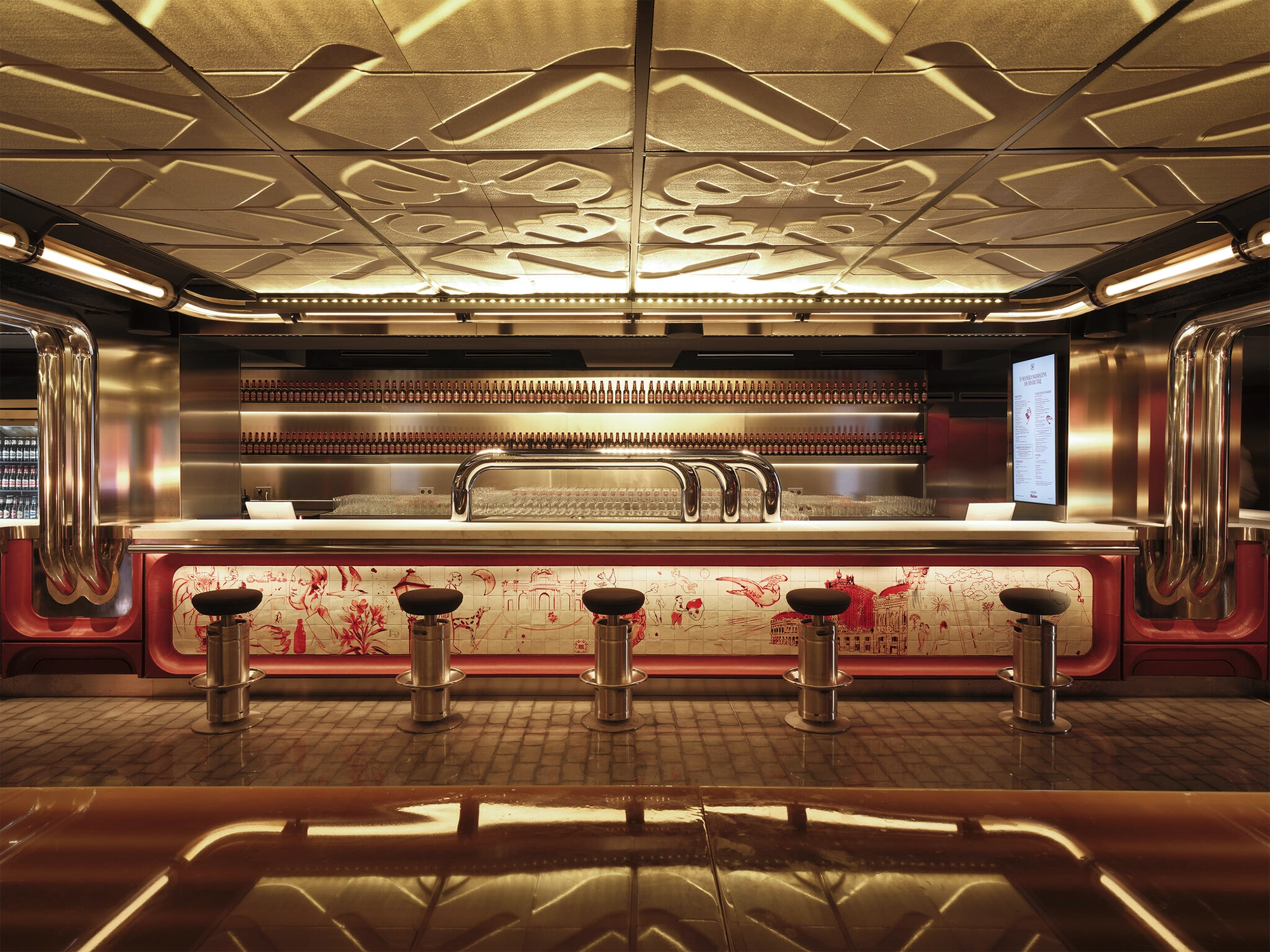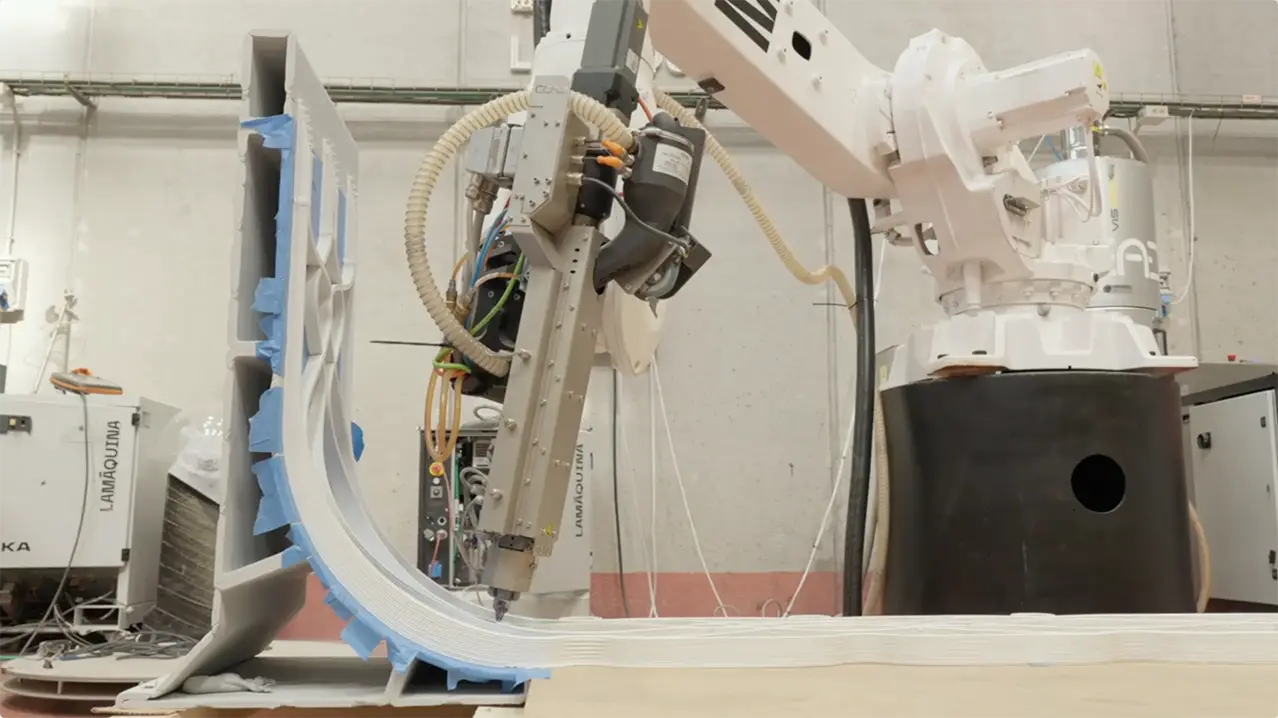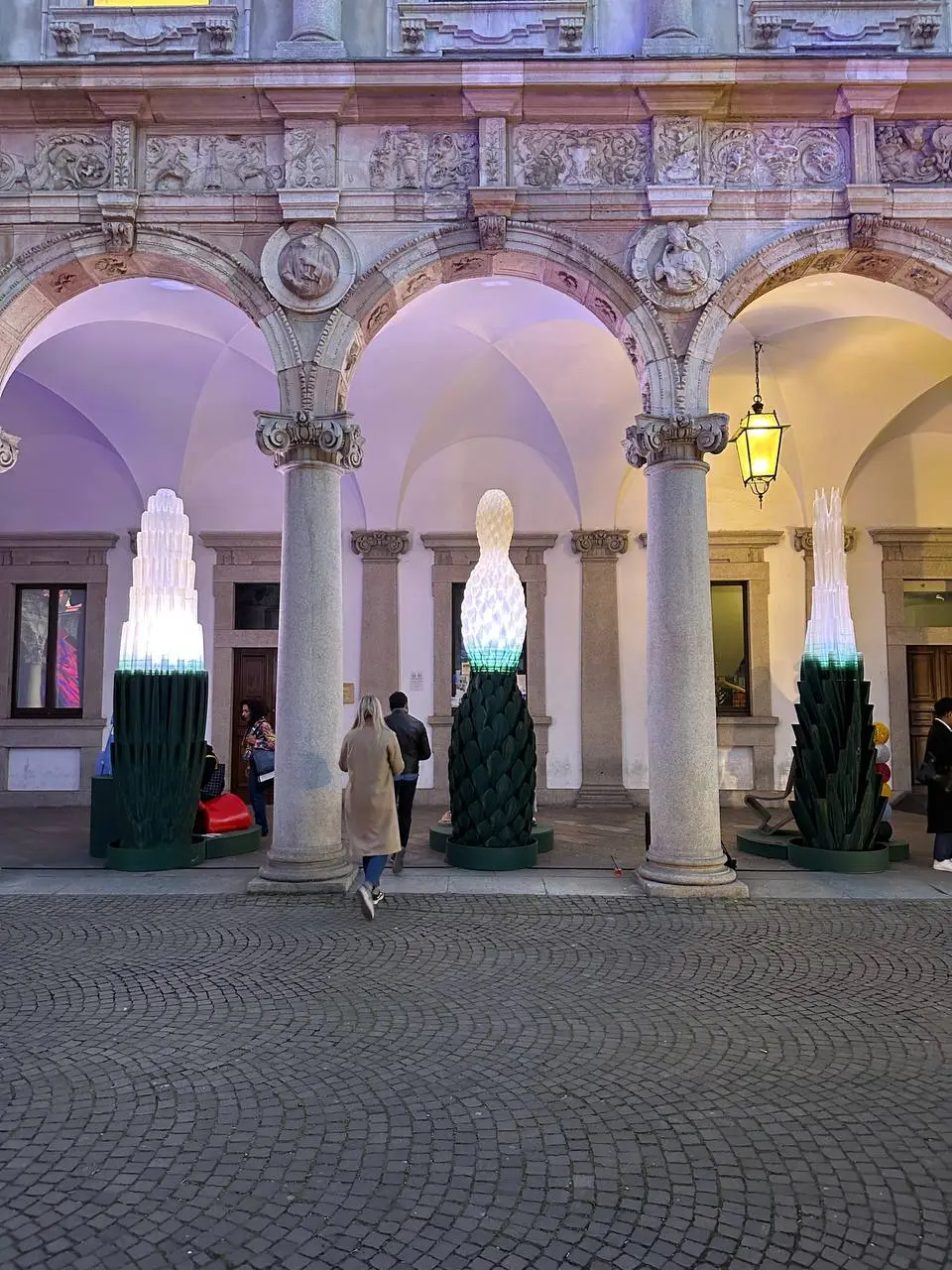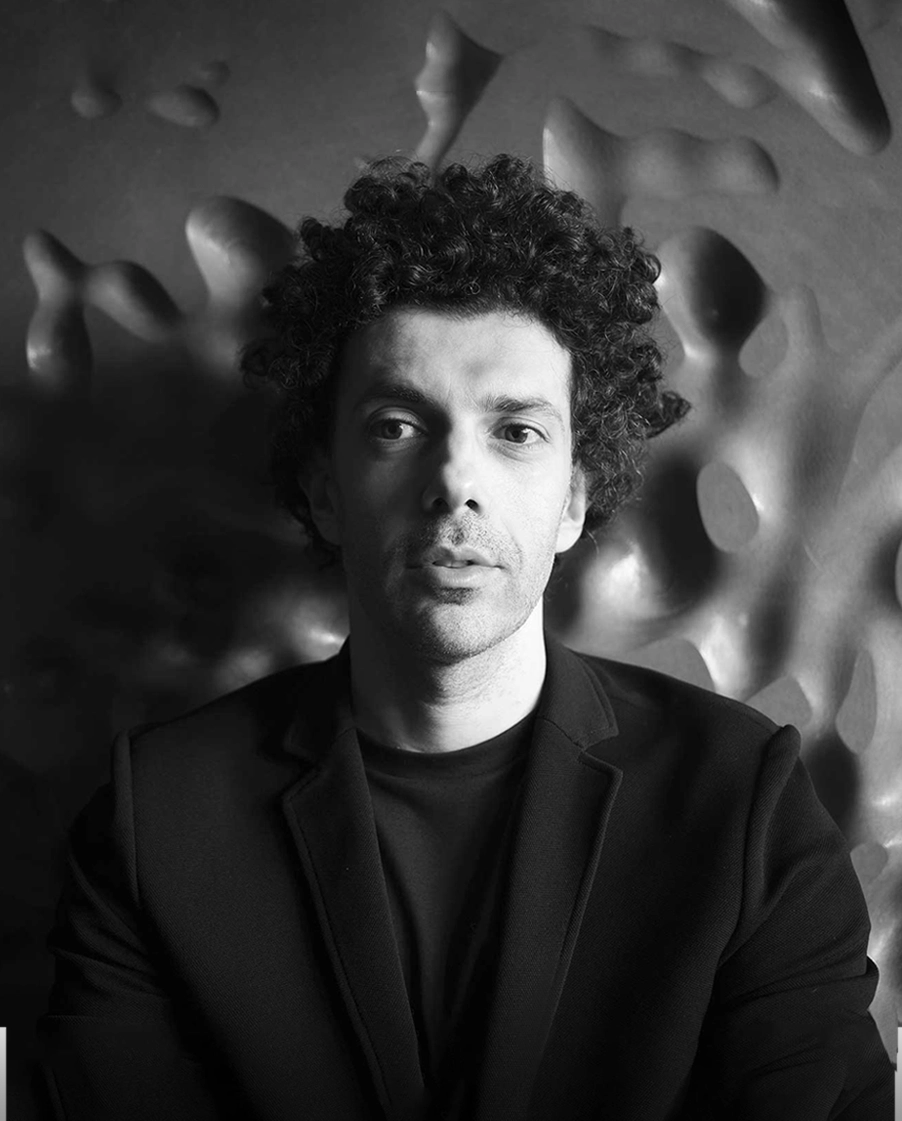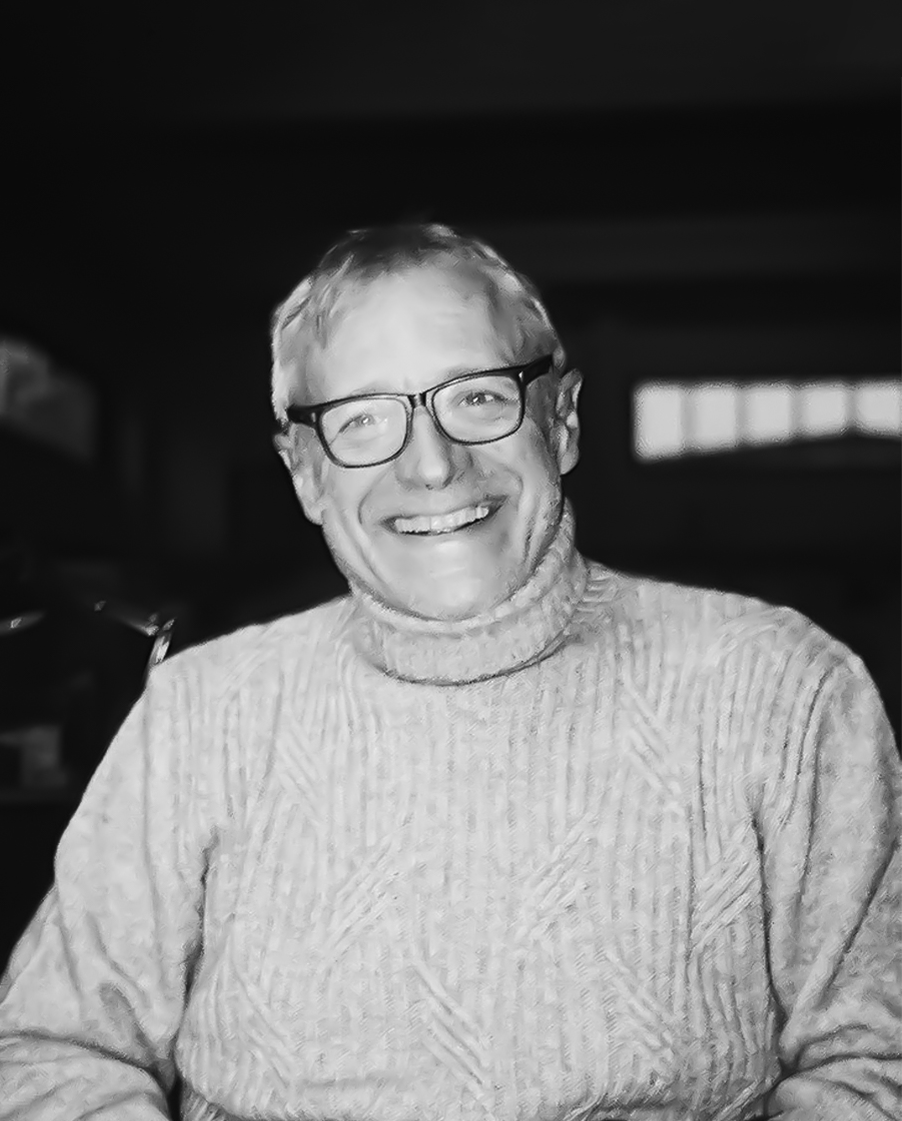Digital craftmanship
Apr 1, 2025Multiple fabrication techniques for a gastronomic space.
The vitality of urban agglomerations lies in their diversity–of people, activities, architecture, and materiality. This amalgamation of experiences defines a city’s identity. Madrid exemplifies this dynamism, with a mosaic of urban patterns that reflect different epochs of its history, blending into one another.
This urban richness is also part of the eating culture of the city. From small tapas bars to open-air terraces in large plazas, the act of gathering to eat contributed to an identity that is widely celebrated across Madrid. It is with this core idea, that the studio External Reference Architects approached the design of the Plaza Mahou gastronomic space located in the Santiago Bernabéu Stadium.
ROBOTIC FABRICATION FOR DIFFERENT FINISHES
To infuse the project with diversity, LAMÁQUINA contributed by producing 3D-printed elements that introduced a variety of materials, textures and manufacturing processes. This could only be made possible through robotic fabrication, which allowed for the combination of both additive and subtractive methods using different material bases to achieve singular finishes.
The space is embedded with movement, not just through the privileged views over the football field and screens displaying video loops, but also with flexible configurations that allow updating the space when needed. One example of this can be found in the entrance which is framed with a system of vertical and horizontal profiles that are assembled using intelligent nodes. These nodes are not limited to a bidirectional aggregation, but instead enable a myriad of possibilities in all directions.
ENHANCING MATERIALITY
Once inside the space, ceramic-covered walls welcome visitors, enveloping activity in a materiality deeply rooted in local tradition. The ceramic tiles produced using robotic manufacturing at varying inclinations, feature sinuous surfaces, enhancing the dynamism of the space with the reflection of light. Some of these pieces were also engraved with branding details thanks to the high customisation of the techniques employed, seamlessly incorporating them into the design.
To expand the varied experiences within the space, different textural treatments were applied to central elements. The front of the counter is lined with a 3D-printed PIPG frame that encloses hand-painted tiles that illustrate symbolic aspects of Madrid’s urban lifestyle. The contrast between sleek, robotically automated contours and the hand-drawn lines highlights the blend of technology and craftsmanship in the same element. The fabrication of the tables involved non-planar 3D printing and resin slabs that create the texture of bubbling beer. For the ceiling, PIPG manufactured pieces form a composition that mirrors the vibrancy of the space’s activity while fulfilling its functional requirements.
The integration of digital craftmanship allowed the concept behind the space to be fully realised, exploring its potential in every detail. From the diversity of finishes to the flexibility for future updates, the space not only enhances the functionality of a gastronomic experience but also embodies the essence of a city always in motion.
